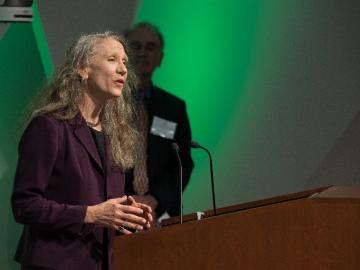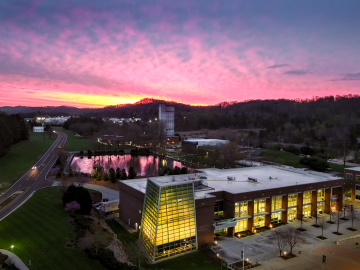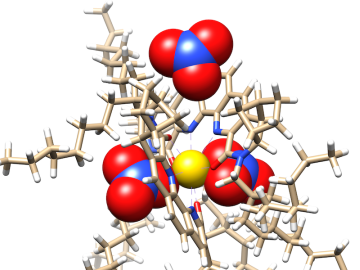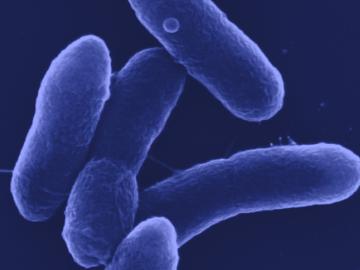Filter News
Area of Research
News Topics
- (-) Chemical Sciences (4)
- (-) Net Zero (2)
- 3-D Printing/Advanced Manufacturing (45)
- Advanced Reactors (2)
- Artificial Intelligence (3)
- Big Data (1)
- Bioenergy (12)
- Biology (6)
- Biomedical (3)
- Biotechnology (2)
- Buildings (24)
- Clean Water (7)
- Climate Change (14)
- Composites (11)
- Computer Science (16)
- Coronavirus (7)
- Critical Materials (4)
- Cybersecurity (5)
- Decarbonization (19)
- Energy Storage (41)
- Environment (33)
- Fossil Energy (1)
- Grid (28)
- High-Performance Computing (3)
- Hydropower (2)
- Machine Learning (2)
- Materials (17)
- Materials Science (13)
- Mathematics (2)
- Mercury (2)
- Microelectronics (1)
- Microscopy (4)
- Nanotechnology (3)
- National Security (1)
- Neutron Science (2)
- Nuclear Energy (3)
- Partnerships (4)
- Polymers (6)
- Quantum Science (1)
- Security (3)
- Simulation (2)
- Space Exploration (3)
- Statistics (1)
- Summit (2)
- Sustainable Energy (41)
- Transportation (43)
Media Contacts

The founder of a startup company who is working with ORNL has won an Environmental Protection Agency Green Chemistry Challenge Award for a unique air pollution control technology.

In fiscal year 2023 — Oct. 1–Sept. 30, 2023 — Oak Ridge National Laboratory was awarded more than $8 million in technology maturation funding through the Department of Energy’s Technology Commercialization Fund, or TCF.

Michelle Kidder, a senior R&D staff scientist at ORNL, has received the American Chemical Society’s Energy and Fuels Division’s Mid-Career Award for sustained and distinguished contributions to the field of energy and fuel chemistry.

Researchers at ORNL zoomed in on molecules designed to recover critical materials via liquid-liquid extraction — a method used by industry to separate chemically similar elements.

What’s getting Jim Szybist fired up these days? It’s the opportunity to apply his years of alternative fuel combustion and thermodynamics research to the challenge of cleaning up the hard-to-decarbonize, heavy-duty mobility sector — from airplanes to locomotives to ships and massive farm combines.

A research team led by Oak Ridge National Laboratory bioengineered a microbe to efficiently turn waste into itaconic acid, an industrial chemical used in plastics and paints.




